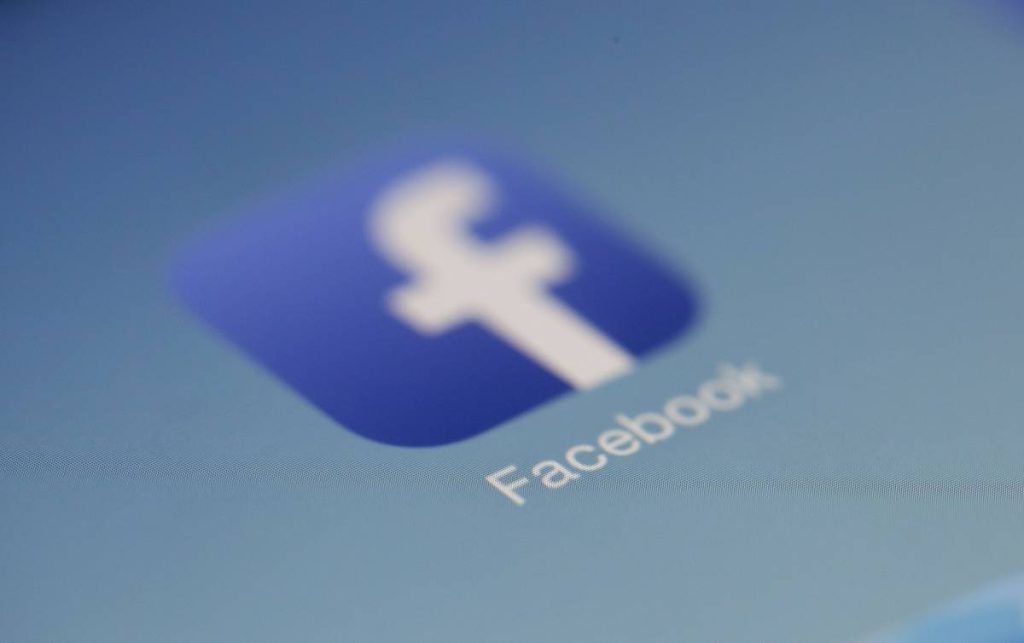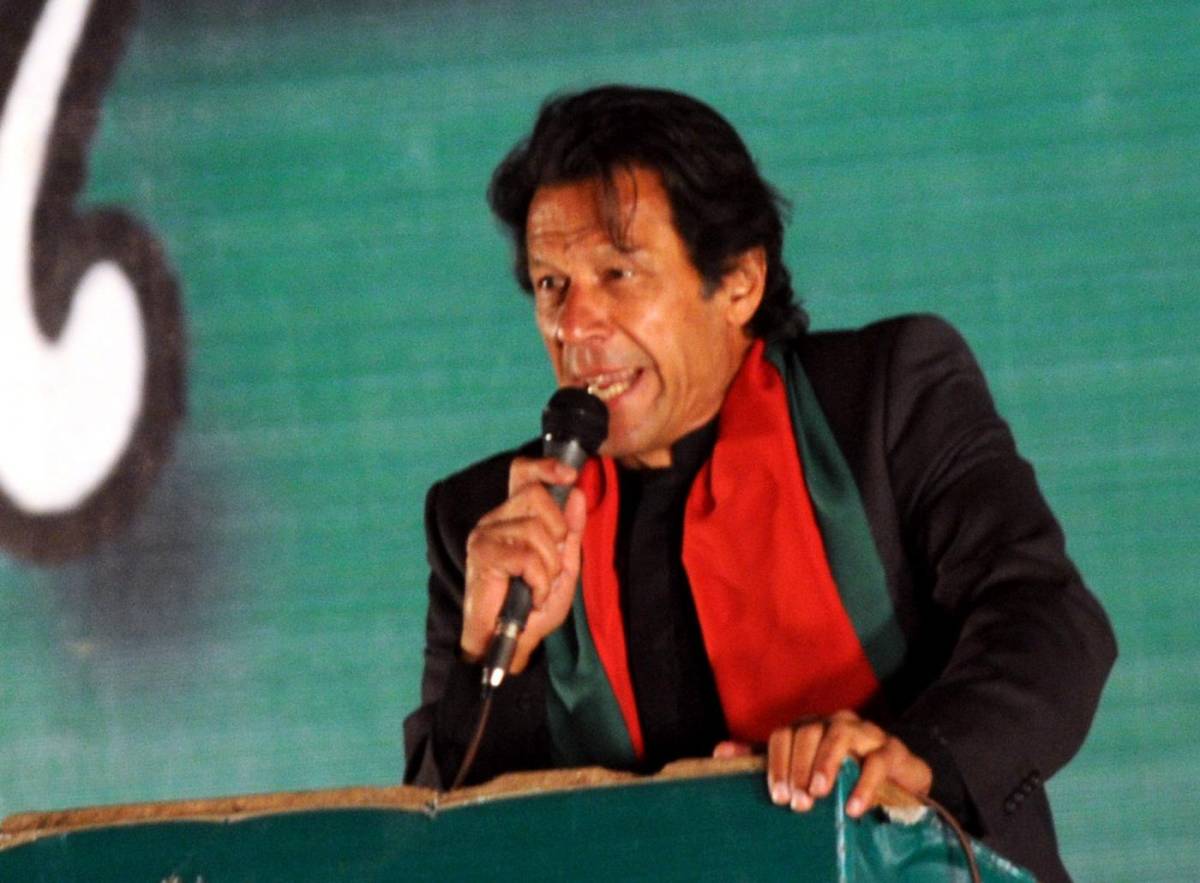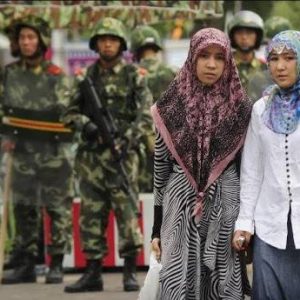The authorities used a phrase common among China’s internet police that refers to tracking down the actual person behind a social media account: “touching the ground.”…reports Asian Lite News.
A new set of documents show how Chinese officials tap private businesses to generate content on demand, draw followers, track critics. That operation increasingly plays out on international platforms like Twitter and Facebook which the Chinese government blocks at home, New York Times reported.
The documents which were part of a request for bids from contractors offer a rare glimpse into how China’s vast bureaucracy works to spread propaganda and sculpt opinion on global social media, the report said.
In May, Shanghai police posted a notice online seeking bids from private contractors for what is known among Chinese officialdom as public opinion management. Officials have relied on tech contractors to help them keep up with domestic social media and actively shape public opinion via censorship and the dissemination of fake posts at home. Only recently have officials and the opinion management industry turned their attention beyond China, New York Times reported.
Shanghai police is looking to create hundreds of fake accounts on Twitter, Facebook and other major social media platforms. The police department emphasizes that the task is time-sensitive, suggesting that it wants to be ready to unleash the accounts quickly to steer the discussion, the report said.
“Bot-like networks of accounts such as those that the Shanghai police wants to buy have driven an online surge in pro-China traffic over the past two years. Sometimes the social media posts from those networks bolster official government accounts with likes or reposts. Other times they attack social media users who are critical of government policies”, the report said.
“Bot networks that have been linked to China’s government stand out for their lack of engagement with other accounts, disinformation experts say. Though they can be used to troll others and boost the number of likes on official government posts, most of those automated accounts have little influence individually since they have few followers”, it added.
The authorities used a phrase common among China’s internet police that refers to tracking down the actual person behind a social media account: “touching the ground.”
With growing frequency, the country’s internet police has hunted down and threatened internet users who voice their opinions. At first, its agents focused on local social media platforms. In 2018, they began a new campaign to detain users of Twitter inside China – account owners who had found ways around the government’s blocks – and force them to delete their accounts, the report said.
Now, the campaign has extended to Chinese citizens who live outside of China. The document spells out how the Shanghai police wants to discover the identities of people behind certain accounts and to trace their users’ connections to the mainland. Its officers can then threaten family members in China or detain the account holders when they return to the country in order to compel online critics to delete posts or even entire accounts, New York Times reported.
Three weeks after the Shanghai police department’s request became public, a company called Shanghai Cloud Link won the bid, the documents show. In its pitch, the company listed itself as having just 20 employees. According to the LinkedIn page of its founder, Wei Guolin, the company works with multinational firms and provides services in “digital government” and “smart cities”.
Wei did not respond to a request for comment. The Shanghai Pudong Public Security Bureau did not respond to a faxed request for comment.
“Work like what Shanghai Cloud Link pitched is likely just the tip of the iceberg. Local governments and police across China have put out similar requests for services to influence overseas social media, but often in vague terms. Occasionally, specifics are revealed. In 2017, for instance, the police in Inner Mongolia purchased software that allowed government trolls to post directly to multiple social media sites, inside and outside of China, according to documents reviewed by The New York Times, the report said.
In another case, a contractor had downloaded hundreds of access credentials for Facebook’s public feed, allowing it to collect data about who commented on which posts and when. Facebook did not immediately comment, the report said.

In previous Chinese information campaigns, bot-like accounts have been used to add an unrealistic number of likes and retweets to government and state media posts. The contrived flurry of traffic can make the posts more likely to be shown by recommendation algorithms on many social media sites and search engines, New York Times reported.
In recent weeks, a similar pattern emerged from a network of bot-like accounts amplifying evidence that was issued by state-media journalists, purporting to show that tennis player Peng Shuai was safe, freely eating dinner in Beijing and attending a youth tennis tournament, the report said.
ALSO READ-Modi, Putin agree to implement pacts in follow up call














